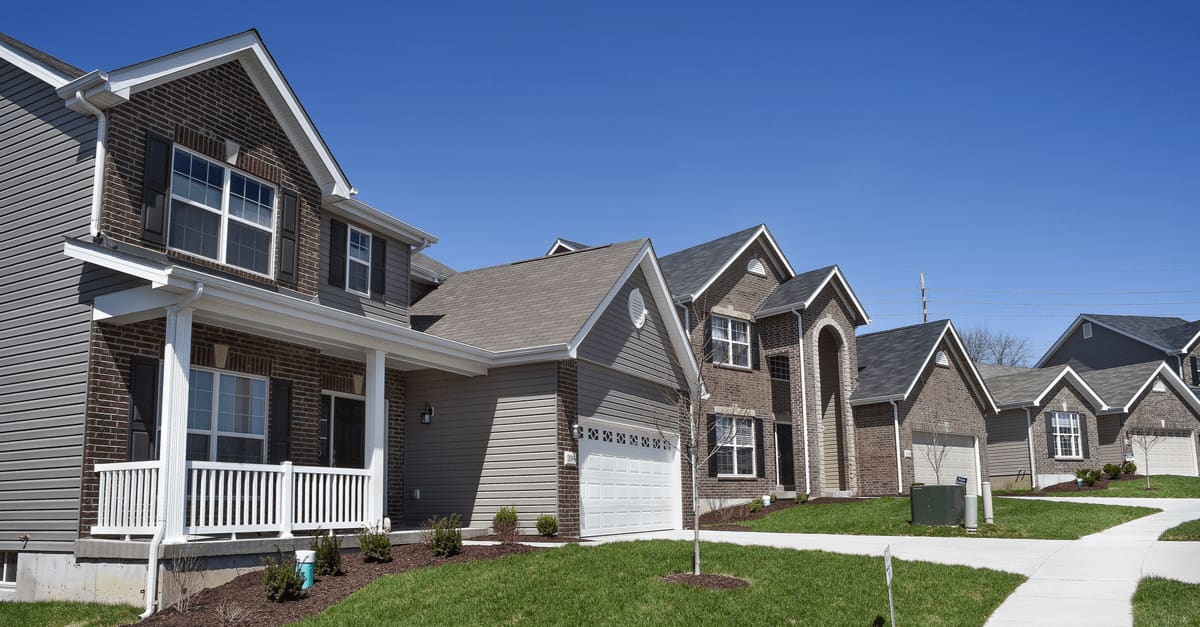
RV insurance is necessary. It protects your investment but it is also required by law. The costs of this insurance can be steep, but you must find a policy that meets your needs. RV insurance is basically an amalgamation of homeowners insurance and auto insurance. It's not possible to get the same coverage as a regular automobile insurance policy. However, it's worthwhile to have some protection in place for any damage to your RV.
Classes A and B
There are many options for insurance that campers can choose from. For Class A and B RVs, you will need to have a different type of insurance. The price of a policy will depend on several factors, including the type of coverage you want. Although liability coverage is required by law, other types are up to you.
Class C
Campers insurance is a necessity in most U.S. states, as well as some Canadian provinces. Each state has its own insurance requirements so it is crucial to fully understand them before you buy a policy. The cost of RV insurance is usually less than a typical car insurance premium, but the amount you pay depends on the type of RV you own.

Class D
Consider several factors when looking at campers insurance for Class-D RV policies. These factors will have an impact on the coverage's cost. The RV model will determine the cost of coverage. A Class A motorhome costs more than one of its Class D counterparts because it contains more electrical or motorized components. The insurance coverage will also depend on the driver, including their driving history. The cheapest premiums will be offered to those with good driving records.
Class E
Campers insurance for Class E motorhomes offers a range of levels of protection. This is the most basic level. It covers your vehicle's cash value plus any depreciation. Although this level of coverage offers the most coverage, it also has the lowest premiums.
Class H
It is important to have campers insurance when you rent or buy an RV. You can either purchase this insurance directly from the rental company, or through a third-party insurance provider. Most credit cards that provide primary coverage don't cover rental insurance. Therefore, it is important to take this into consideration when you are buying or renting an RV. Also, different RV classes have different insurance requirements.
Class I RVs
Insurance coverage is an important component of RV ownership. Insurance costs depend on many factors such as the crime rate in your state and the population density. Shop around to get the best rates. Many providers offer discounts if you have multiple policies. A bundle of RV insurance and renters insurance can result in a discounted rate. Bundling insurance policies will reduce stress from dealing with several companies.

Class IX
If you plan on using your motor home as your primary residence then Campers insurance will be required. This policy will cover your motorhome in case it is stolen, damaged, or destroyed. You can also add coverage to protect other structures attached to your RV.